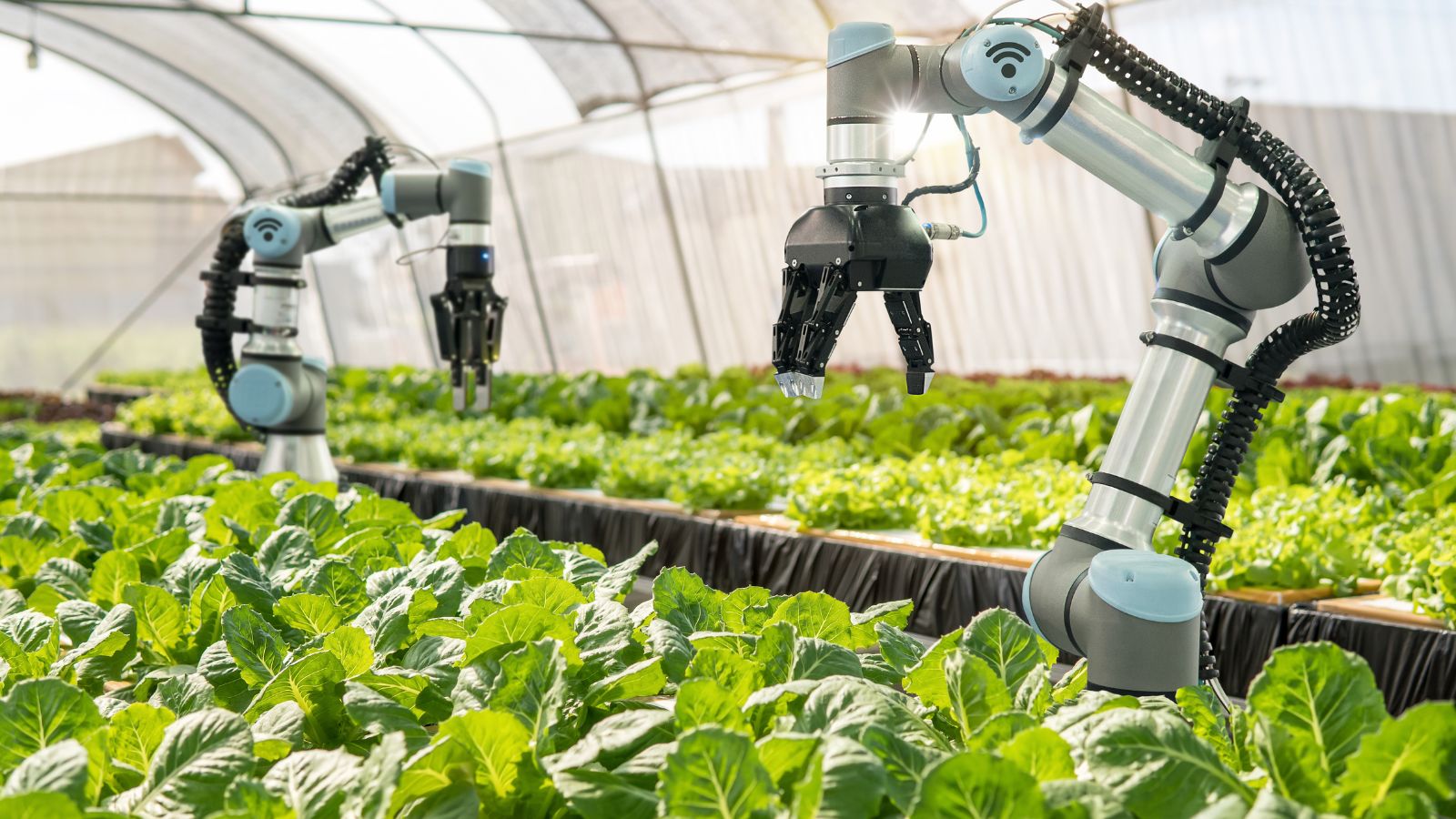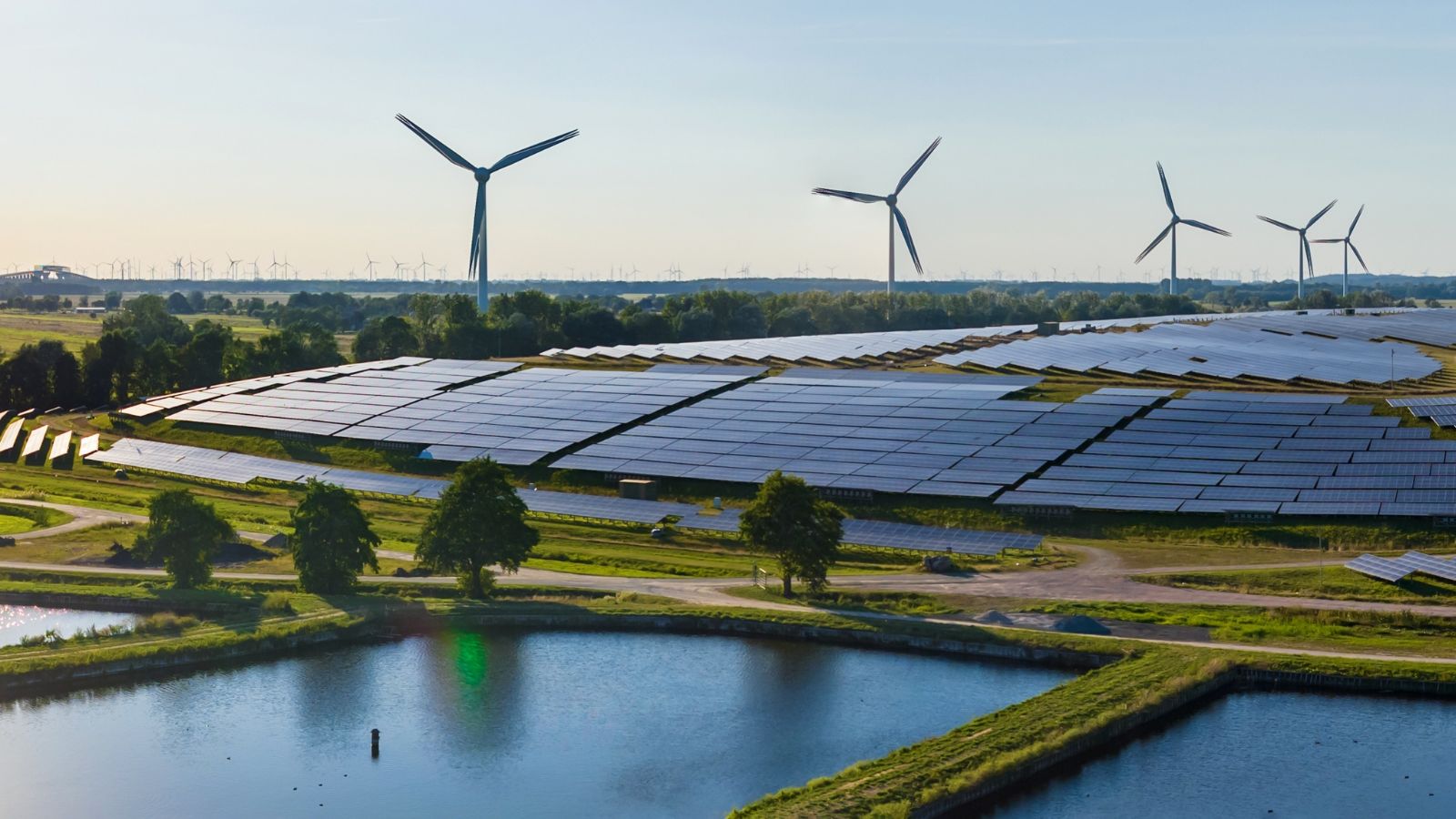Canada and the tech world is often overshadowed by the dominant innovation hubs in the United States, but that narrative is changing rapidly. Canadian companies and researchers have been quietly developing technologies that are not only competitive but in some cases, ahead of their American counterparts. From artificial intelligence to telecommunications, Canada’s tech landscape boasts some truly groundbreaking achievements. This article highlights 21 stunning examples of Canadian tech outpacing America.
Artificial Intelligence Leadership

Canada has emerged as a global leader in artificial intelligence (AI), with hubs in Toronto, Montreal, and Edmonton spearheading major breakthroughs. Canadian institutions such as the Vector Institute and Mila have produced cutting-edge research, attracting worldwide attention. These centers collaborate closely with industry giants, driving innovation in machine learning and natural language processing. Unlike many U.S. firms, Canada’s approach often emphasizes ethical AI development and open collaboration, placing it at the forefront of responsible tech advancement.
Quantum Computing Advances

Canadian researchers are making significant strides in quantum computing, a field where the U.S. is still heavily invested but not yet dominant. The University of Waterloo’s Institute for Quantum Computing is renowned for pioneering new quantum algorithms and hardware designs. Canadian startups like Xanadu are also developing photonic quantum computers, a different approach than many American companies focused on superconducting qubits. This diversity of methods gives Canada a unique edge in the quantum race.
Clean Energy Technologies

Canadian companies have developed innovative clean energy solutions, such as advanced hydroelectric technology and next-generation nuclear reactors like Small Modular Reactors (SMRs). These innovations provide scalable, low-carbon energy alternatives with potential global impact. While the U.S. continues to invest heavily in fossil fuels, Canada’s commitment to sustainable energy tech is carving a leadership position that promises to outpace American efforts in the green energy transition.
5G and Telecommunications Innovation

Canada’s telecommunications sector has been quick to adopt and innovate with 5G technology. Companies like Rogers and Bell have rolled out extensive 5G networks faster than many U.S. providers. Moreover, Canadian firms are investing in new wireless communication technologies that improve speed, latency, and coverage in remote areas, something the U.S. struggles with due to its vast and varied terrain. This puts Canada ahead in delivering next-generation connectivity.
Biotechnology and Health Tech

Canadian biotech firms are at the cutting edge of personalized medicine, genomics, and health data analytics. Institutions such as the Ontario Genomics Institute collaborate with startups to develop precision therapies and innovative diagnostics. The rapid development of COVID-19 vaccines and treatments by Canadian companies showcased this sector’s strength. Compared to many U.S. competitors, Canada’s health tech scene is more integrated with public healthcare systems, accelerating deployment and access.
Autonomous Vehicle Development

Canada has become a hotspot for autonomous vehicle (AV) research and development, with cities like Toronto and Waterloo acting as testbeds for self-driving cars. Canadian companies leverage advanced AI and sensor technologies to improve AV safety and reliability. While the U.S. has Silicon Valley giants in this space, Canadian firms often focus on integrating AV technology into public transit systems and urban environments, leading to smarter, more community-focused transportation solutions.
Clean Water Innovation

Canada leads in water purification and conservation technologies, essential for both its vast natural resources and global exports. Canadian companies develop cutting-edge filtration systems and sensors to detect contaminants in real time. These innovations not only serve domestic needs but are being exported worldwide, often surpassing U.S. offerings in efficiency and sustainability. This positions Canada as a leader in addressing one of the planet’s most critical resource challenges.
Fintech and Digital Payments

Canadian fintech startups have carved out impressive niches in digital payments, blockchain applications, and financial inclusion tools. Firms like Wealthsimple have revolutionized investment and savings platforms with user-friendly, low-cost solutions. The regulatory environment in Canada fosters innovation while ensuring consumer protection, sometimes ahead of American regulatory frameworks that lag behind evolving fintech needs. This enables Canadian companies to expand globally with confidence.
Space Exploration Contributions

Canada’s contributions to space technology, such as the Canadarm robotic systems used on the International Space Station, highlight a long tradition of innovation. Recent projects include satellite technology development and advanced space robotics. Canadian startups are also exploring satellite internet and space resource mining concepts. Compared to many American companies focusing on manned spaceflight, Canada’s tech emphasizes robotics and data, carving out specialized leadership.
Advanced Materials Research

Canadian universities and companies excel in developing advanced materials like graphene and other nanomaterials with wide-ranging applications. These materials are key to breakthroughs in electronics, energy storage, and medical devices. Canadian researchers often collaborate across disciplines to accelerate commercialization, sometimes faster than their American counterparts who work in more siloed environments. This integrated approach keeps Canadian advanced materials research at the forefront.
Agricultural Technology Innovation

Canada’s agri-tech sector uses AI, drones, and sensor technologies to improve crop yields, pest management, and sustainability. With large rural areas and diverse climates, Canadian firms have developed resilient technologies suited for variable conditions. These innovations are increasingly being adopted internationally. While the U.S. has significant agri-tech ventures, Canada’s focus on environmental sustainability and small-to-medium farm applicability often leads in practical, scalable solutions.
Cybersecurity Expertise

Canada has built a reputation for cybersecurity innovation, emphasizing privacy protection and secure communications. Startups and academic centers develop advanced encryption and threat detection technologies. The country’s data protection laws and emphasis on user privacy help foster consumer trust in these solutions. Compared to some U.S. companies focused heavily on surveillance-driven models, Canadian cybersecurity firms prioritize safeguarding individual rights and data sovereignty.
EdTech Revolution

Canadian education technology startups are transforming remote learning, curriculum design, and student engagement tools. Companies focus on adaptive learning platforms that personalize education and improve outcomes. With strong government support for digital education initiatives, Canada often implements these technologies faster than many U.S. school systems burdened by fragmented policies. This positions Canada as a leader in EdTech adoption and innovation.
Artificial Intelligence Ethics

Canada stands out in the AI ethics conversation, with researchers and policymakers advocating for responsible AI development. Institutions develop frameworks ensuring AI respects human rights, fairness, and transparency. This contrasts with some U.S. approaches that prioritize commercial gain over ethical concerns. By championing ethical AI, Canada is setting standards that influence global tech governance.
Smart Cities and Urban Tech

Canadian cities are experimenting with smart city technologies that integrate IoT, data analytics, and sustainable infrastructure. Projects in Vancouver and Toronto include smart traffic management, energy-efficient buildings, and public safety innovations. This holistic approach to urban tech often moves faster than comparable initiatives in many U.S. cities, which face greater bureaucratic hurdles and infrastructure challenges.
Clean Tech in Mining

Canada’s mining industry benefits from advanced clean technologies designed to reduce environmental impact and improve worker safety. Innovations include electric mining vehicles, waste reduction techniques, and real-time monitoring systems. These developments position Canada as a world leader in sustainable mining technologies, often surpassing American mining sectors in environmental responsibility and tech adoption.
Gaming Industry Innovation

Canada hosts some of the world’s most successful video game developers, including companies like Ubisoft and EA’s studios. Canadian developers are known for pushing creative and technical boundaries, blending storytelling with cutting-edge graphics and gameplay. The supportive ecosystem for gaming in Canada encourages experimentation, often resulting in titles and technologies that outshine many American counterparts.
Renewable Energy Storage

Canadian researchers and startups focus heavily on energy storage solutions critical to renewable energy adoption. Innovations in battery technology and hydrogen fuel cells aim to make renewable sources more reliable and scalable. While the U.S. invests significantly in renewables, Canada’s focus on storage technology places it at the leading edge of enabling a clean energy future.
Healthcare Data Integration

Canada is advancing healthcare data integration platforms that streamline patient records, diagnostics, and treatment plans. This unified approach improves patient outcomes and reduces system inefficiencies. Compared to the fragmented U.S. healthcare system, Canada’s innovations in this space offer a more coherent and accessible model for digital health transformation.
Robotics in Manufacturing

Canadian companies develop sophisticated robotics solutions that increase manufacturing precision and safety. These robots often incorporate AI to adapt to changing production needs quickly. Canadian robotics innovation has found applications in automotive, aerospace, and food processing industries, often outpacing similar American developments focused more on scale than adaptability.
Renewable Biofuels

Canada is a pioneer in developing renewable biofuels made from forestry and agricultural waste. These biofuels offer sustainable alternatives to fossil fuels, reducing carbon emissions significantly. The integration of biofuel technologies into existing energy infrastructure is progressing rapidly in Canada, sometimes faster than U.S. efforts that face regulatory and political challenges.
Telemedicine Expansion

Canada’s telemedicine platforms have grown significantly, providing accessible healthcare to rural and remote communities. The government-supported infrastructure enables seamless integration with traditional healthcare services. This broad adoption often outpaces the U.S., where telemedicine expansion is hindered by insurance complexities and fragmented policies.
21 Products Canadians Should Stockpile Before Tariffs Hit

If trade tensions escalate between Canada and the U.S., everyday essentials can suddenly disappear or skyrocket in price. Products like pantry basics and tech must-haves that depend on are deeply tied to cross-border supply chains and are likely to face various kinds of disruptions
21 Products Canadians Should Stockpile Before Tariffs Hit
